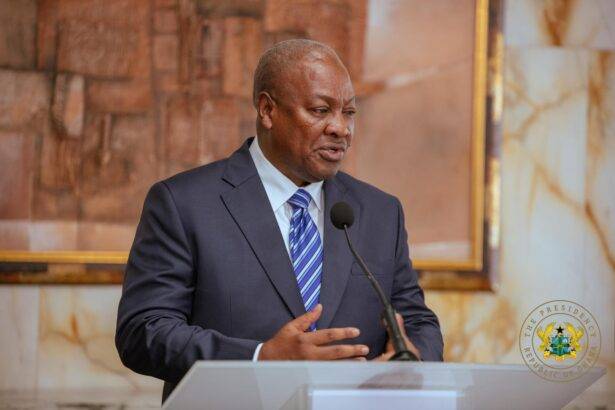Deputy Director General of the Narcotics Control Commission (NACOC), Twum Barima, has reassured the public that all intercepted narcotics, including the recent 89.74kg cocaine seizure, will be securely managed and disposed of in line with legal protocols.
Speaking on TV3’s Key Points on Saturday, April 26, Barima emphasized the commission’s commitment to transparency, stating, “These are men of integrity who will not bend the rules.†He dismissed past allegations of mishandling seized drugs, contrasting the current administration’s approach with previous years.
“Under Mahama’s tenure, you wouldn’t hear stories of substances mysteriously disappearing from exhibit rooms only to resurface altered,†he remarked.
Strict Disposal Protocols Followed
Barima explained that seized cocaine is stored in secure exhibit rooms until courts authorize its destruction. “We cannot independently dispose of these drugs—they serve as critical evidence. Once a case concludes, the substances are incinerated under strict supervision,†he clarified.
His comments followed concerns raised by private legal practitioner Abraham Amaliba, a member of the National Democratic Congress (NDC), who urged authorities to disclose how confiscated narcotics are destroyed.
“The public deserves clarity—were previous hauls disposed of properly?†Amaliba questioned during the same program. He praised recent arrests but questioned the lack of similar crackdowns in prior years.
Surge in Drug Busts Sparks Debate
The discussion comes days after NACOC intercepted 73 slabs of cocaine concealed in a cargo shipment at the Swiss Port, destined for the Netherlands. Four suspects are in custody as investigations continue.
Amaliba highlighted the spike in drug-related arrests under the current administration, asking, “If three months yield more busts than the past eight years, what were security agencies doing before?â€
Barima acknowledged Ghana’s historical role as a drug transit point but affirmed intensified efforts to dismantle trafficking networks. “Security agencies are now more proactive, and these arrests prove it,†he stated.
Public Confidence Key
Both Barima and Amaliba stressed the need for transparency to maintain public trust. “Ghanaians must know that intercepted drugs don’t re-enter circulation,†Amaliba insisted.
With narcotics cases under judicial review, NACOC maintains that all procedures adhere to legal standards—ensuring accountability in Ghana’s fight against drug trafficking.


